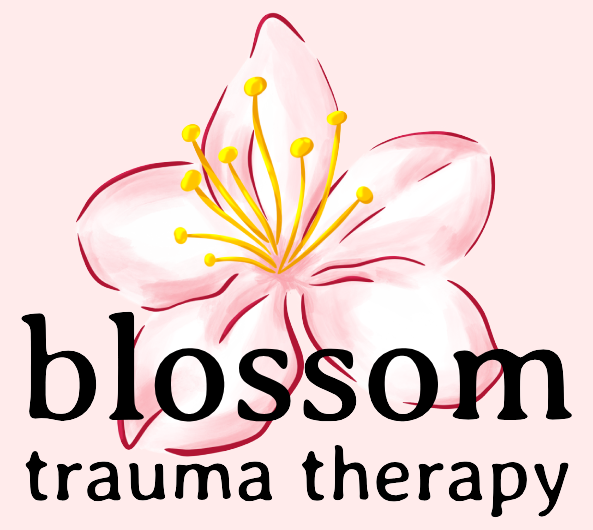services & pricing
No-Cost Pre-Therapy Consultation
15 minutes - This phone or video call gives you a chance to meet me before you start therapy. It will give you a chance to get to know me, ask questions, and determine if I will be a good fit for you.
$0
Standard Therapy Session
50-55 minutes - This is any therapy session scheduled after completing intake.
$100
Sliding Scale
I am currently offering sliding scale payments for standard therapy sessions, on a case by case basis. If you are needing this accommodation, please reach out so we can discuss this further.
financial information
Forms of Payment
At this time, I am only accepting self-pay payments and do not accept insurance. I do accept all major debit/credit cards and you also have the option of using your Health Savings Account (HAS) or Flexible Spending Account (FSA). Payments are due at time of service.
Insurance Reimbursement
I am out-of-network with all insurance companies, though some insurance plans offer reimbursement for out-of-network services. I can generate a monthly statement (Superbill) for you to submit to your insurance provider for reimbursement. I encourage you to contact your insurance provider for more information on out-of-network deductibles and reimbursement rates.
Good Faith Estimate
You have the right to receive a “Good Faith Estimate” explaining how much your medical care will cost. Under the law, health care providers need to give patients who don’t have insurance or who are not using insurance an estimate of the bill for medical items and services. You have the right to receive a Good Faith Estimate for the total expected cost of any non-emergency items or services. This includes related costs like medical tests, prescription drugs, equipment, and hospital fees. Make sure your health care provider gives you a Good Faith Estimate in writing at least 1 business day before your medical service or item. You can also ask your health care provider, and any other provider you choose, for a Good Faith Estimate before you schedule an item or service. If you receive a bill that is at least $400 more than your Good Faith Estimate, you can dispute the bill. Make sure to save a copy of your Good Faith Estimate. For questions or more information about your right to a Good Faith Estimate, visit www.cms.gov/nosurprises.
